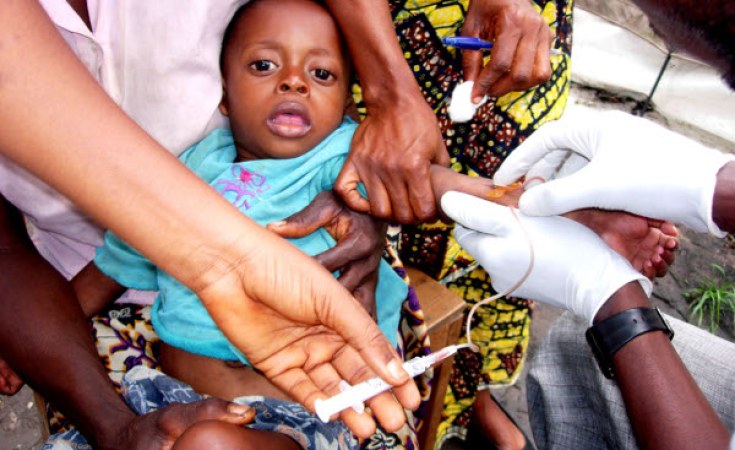Moussa Mbaye is the secretary general of Senegal's Ministry of Health. He recently attended the International Conference on Global Health in Washington, DC, as part of the Ministerial Leadership Initiative. Mbaye spoke with AllAfrica about the improvement of Senegal's health sector and the issues that continue to burden the country's overall health system.
I am not a doctor; I am a civil servant. I studied governance administration and I was a prefect for 22 years. I came to the Ministry of Health in 2001. My input is to add to technical knowledge. It was not easy in the beginning, as health professionals believe only they can lead and build a health system.
Senegal has a wide capacity for health. What we are doing now is decentralizing the teaching schools, to implant them more locally. We are also trying to pay workers more to convince them to stay. Some of them go abroad, to France or England, and stay. It is really only a problem for specialists because many of them go to France to achieve some studies and stay there. But for midwives and doctors, it is not a problem. There are not enough human resources in the rural areas because people like to stay in the cities.
We have free healthcare for malaria and for children under five. Women 60 and under also receive free healthcare. One of the main challenges in free healthcare is [having sufficient] resources. We're trying to extend insurance and make sure people who don't have enough can access health services. We want to increase the level of insurance all over the country by 2015. It is very difficult because of revenue.
The political commitment of the government to the Millennium Development Goals (MDGs) is very strong. The president decided to put 10 percent of national purchases into health and this is effective now. He aims to achieve 15 percent. Senegal has made much progress in the struggles against HIV and malaria. We're now making progress with TB as well. Were very optimistic about reaching [the HIV/Aids-related MDG]. It is more difficult for MDGs [related to child and maternal health]. The difficulty is there are not enough resources: material, financial and human.
The commitment of our leaders gives me hope. The commitment of our partners... we are working together to face problems and build programs.
My hope is that our partners, like the Ministerial Leadership Initiative for Global Health (MLI), continue to help us to build a stronger leadership capacity.


